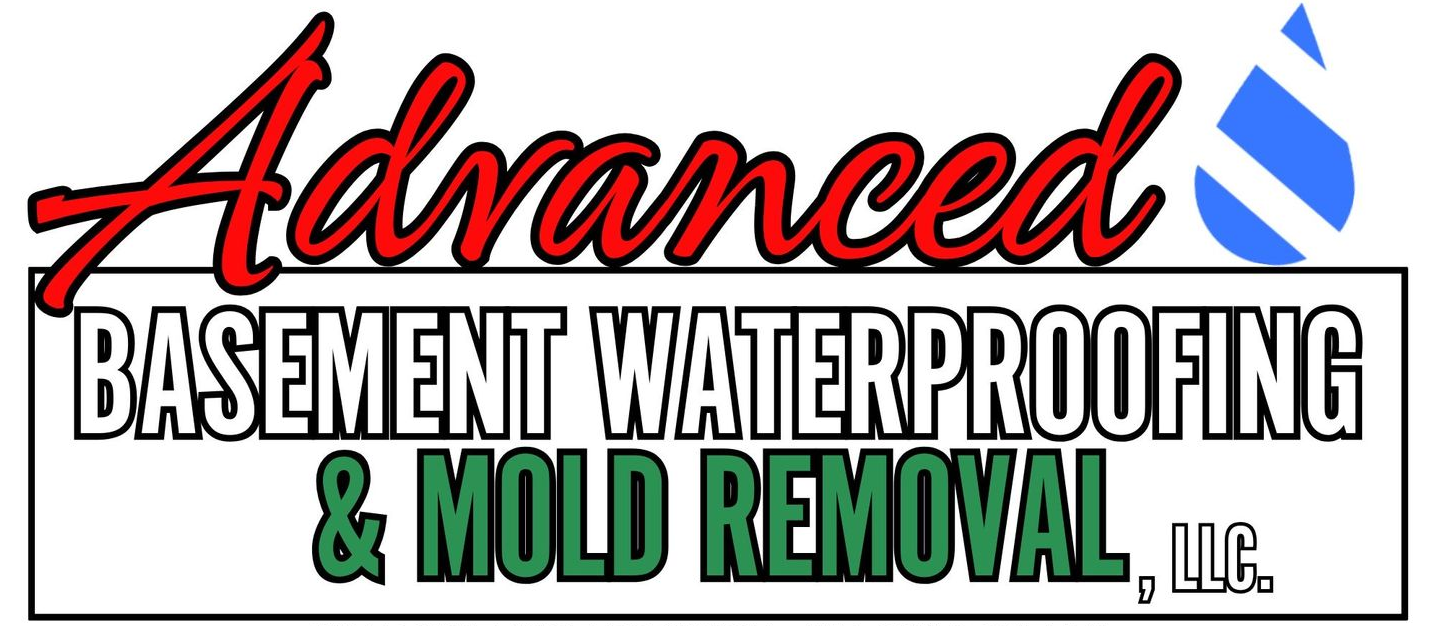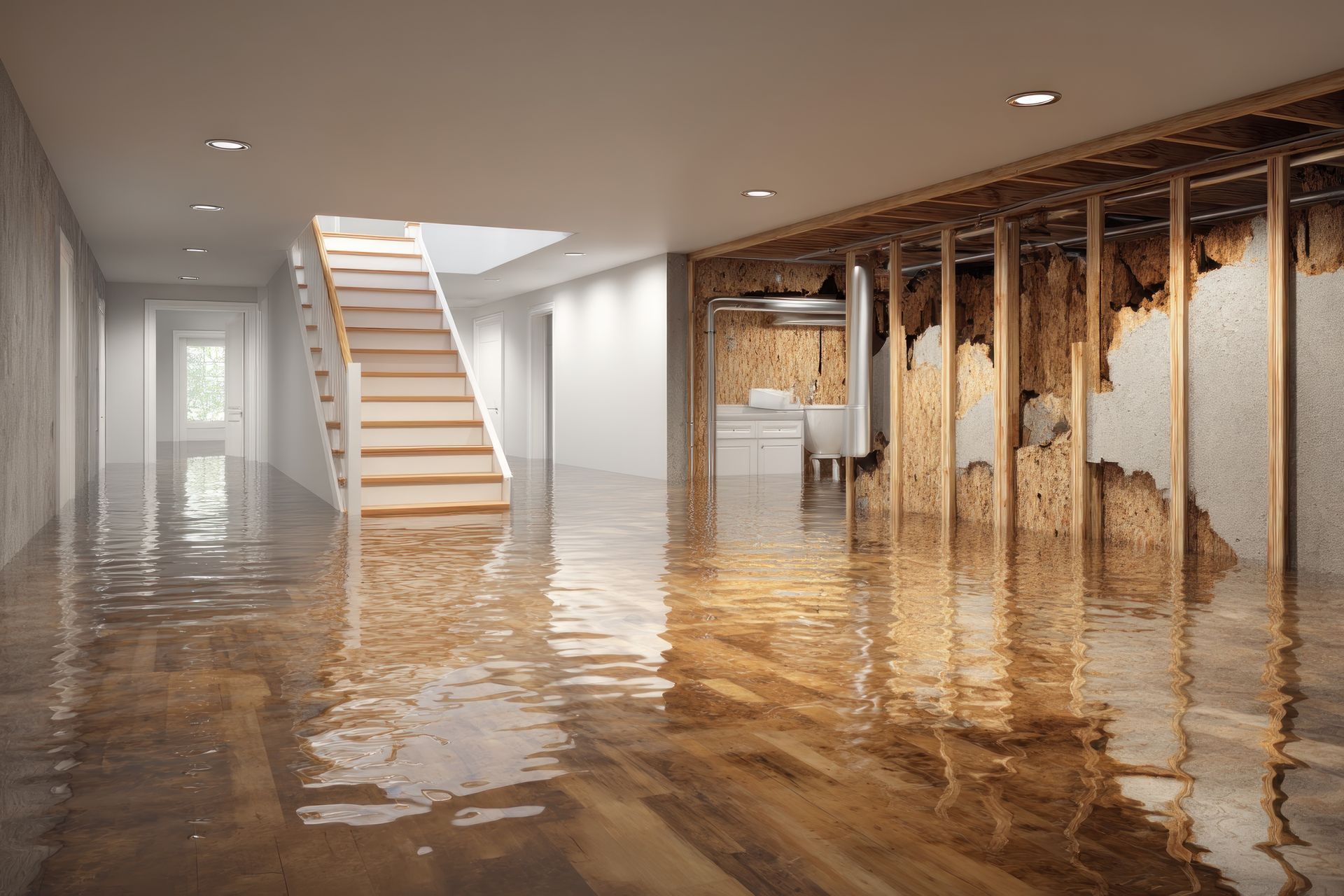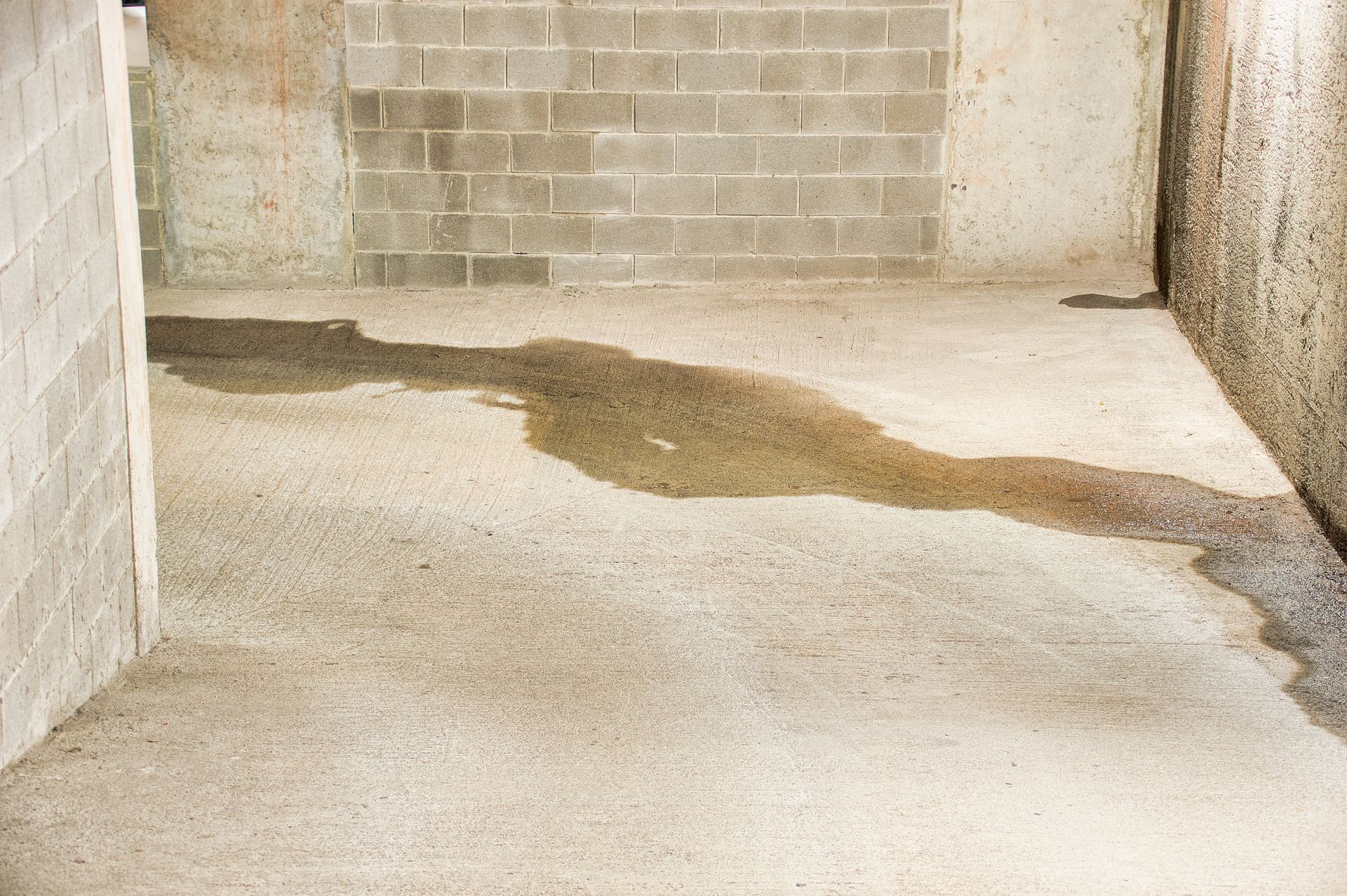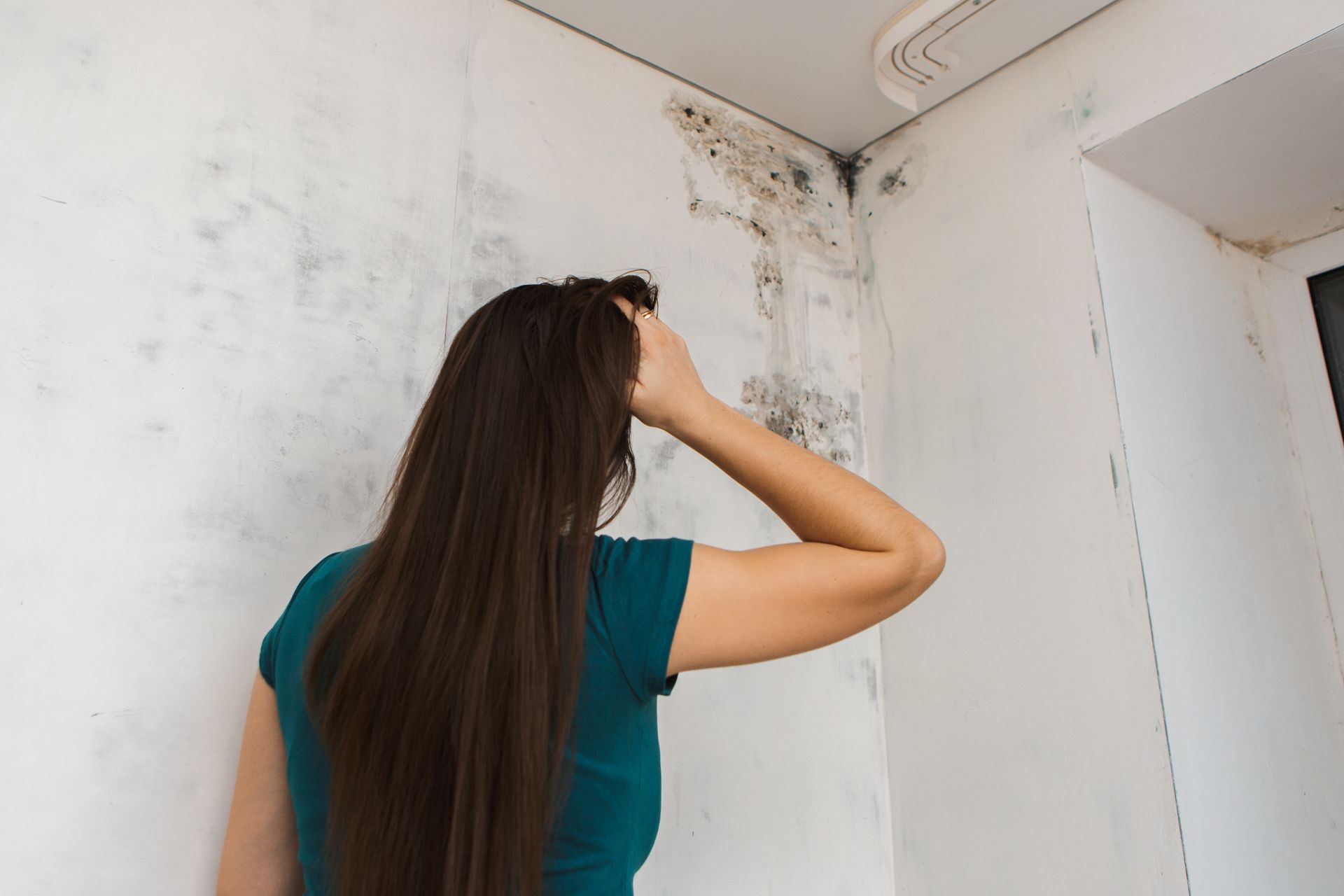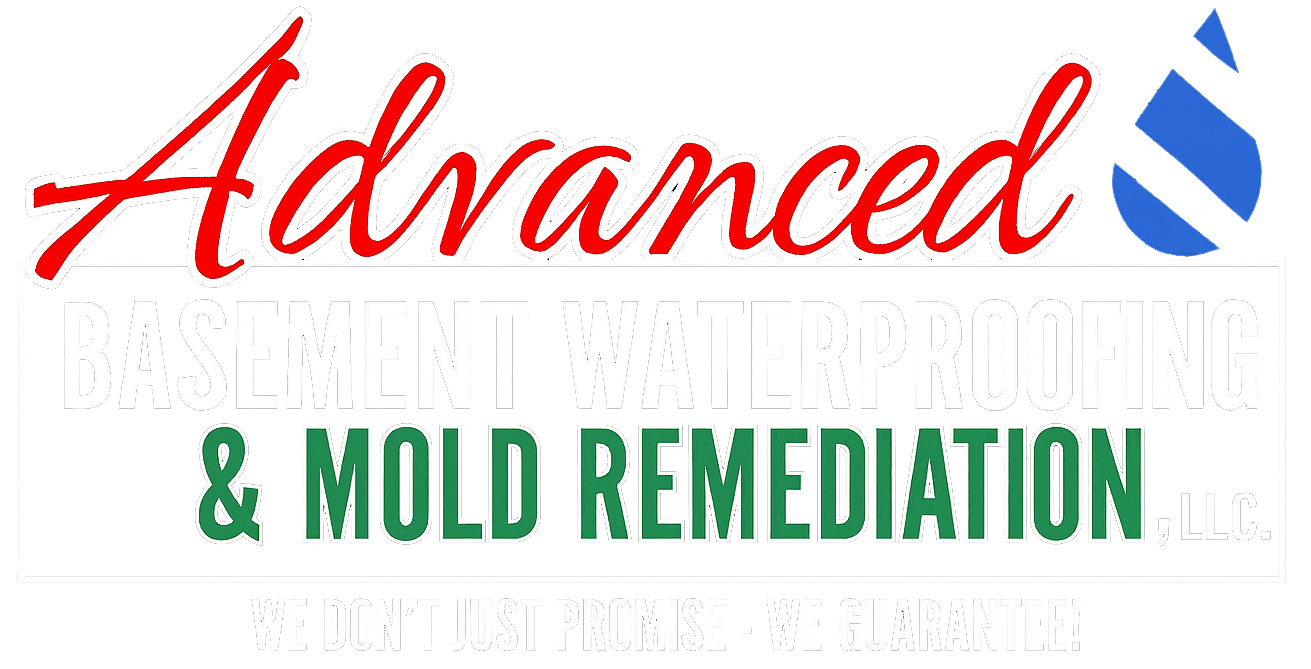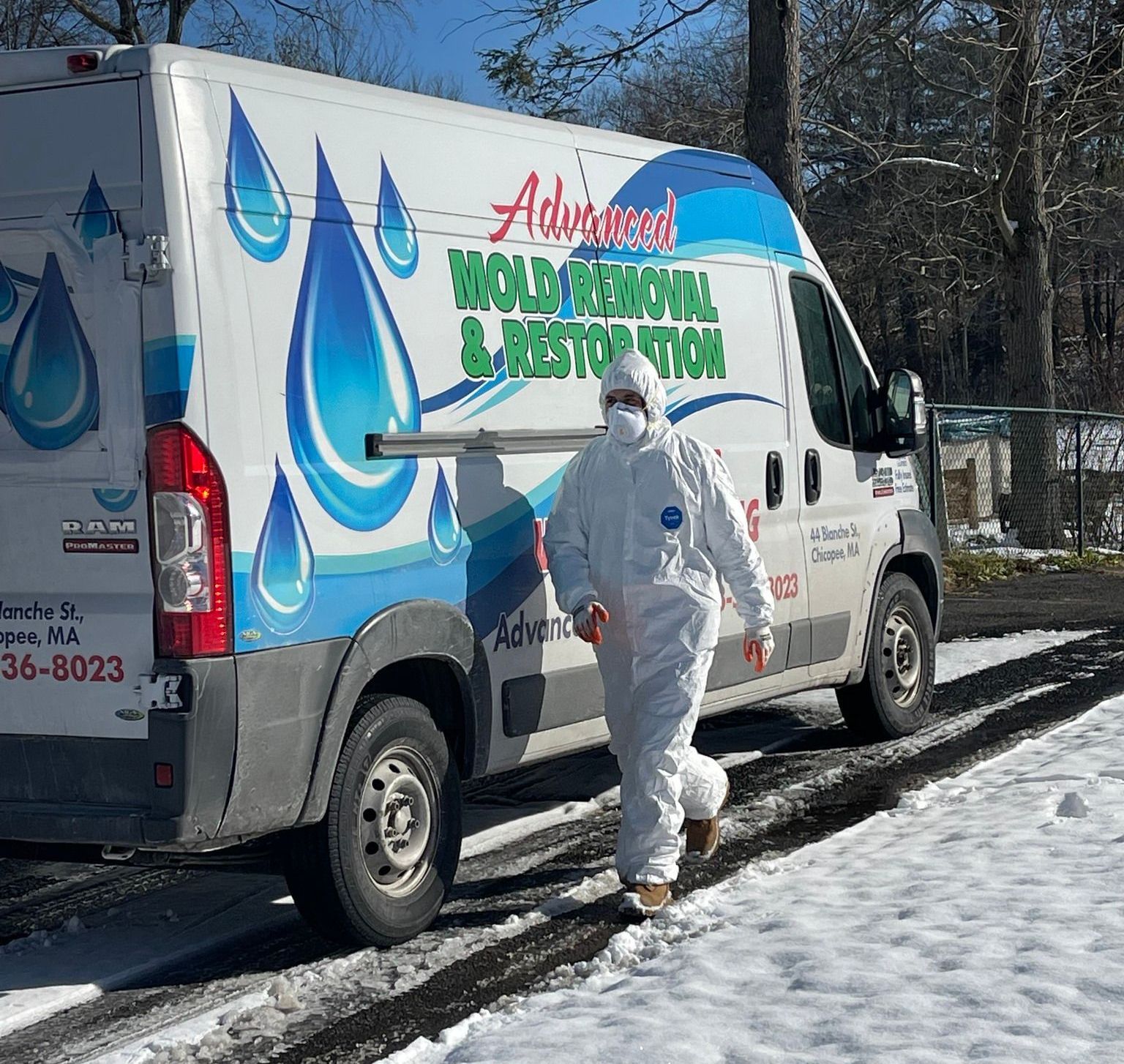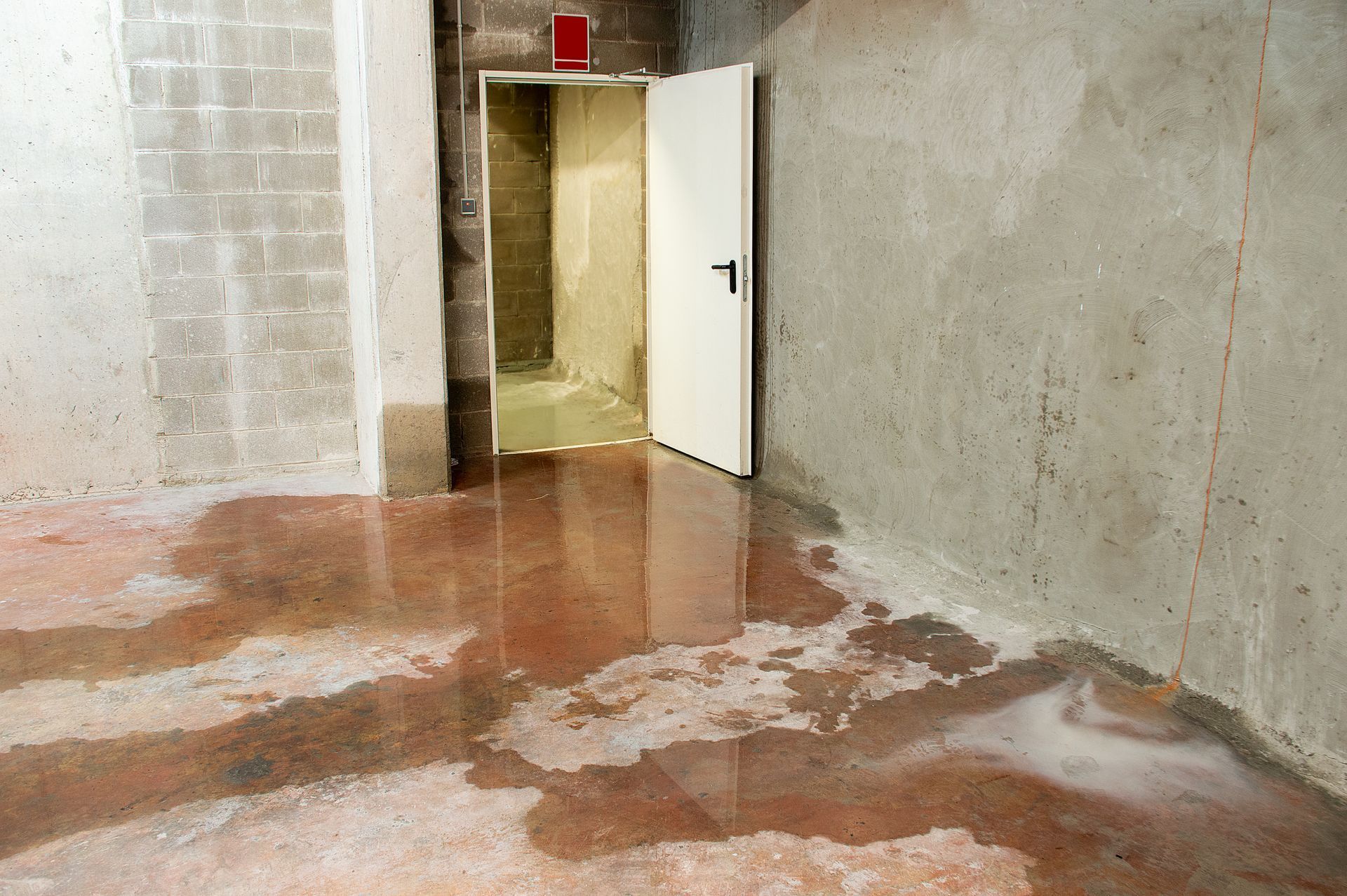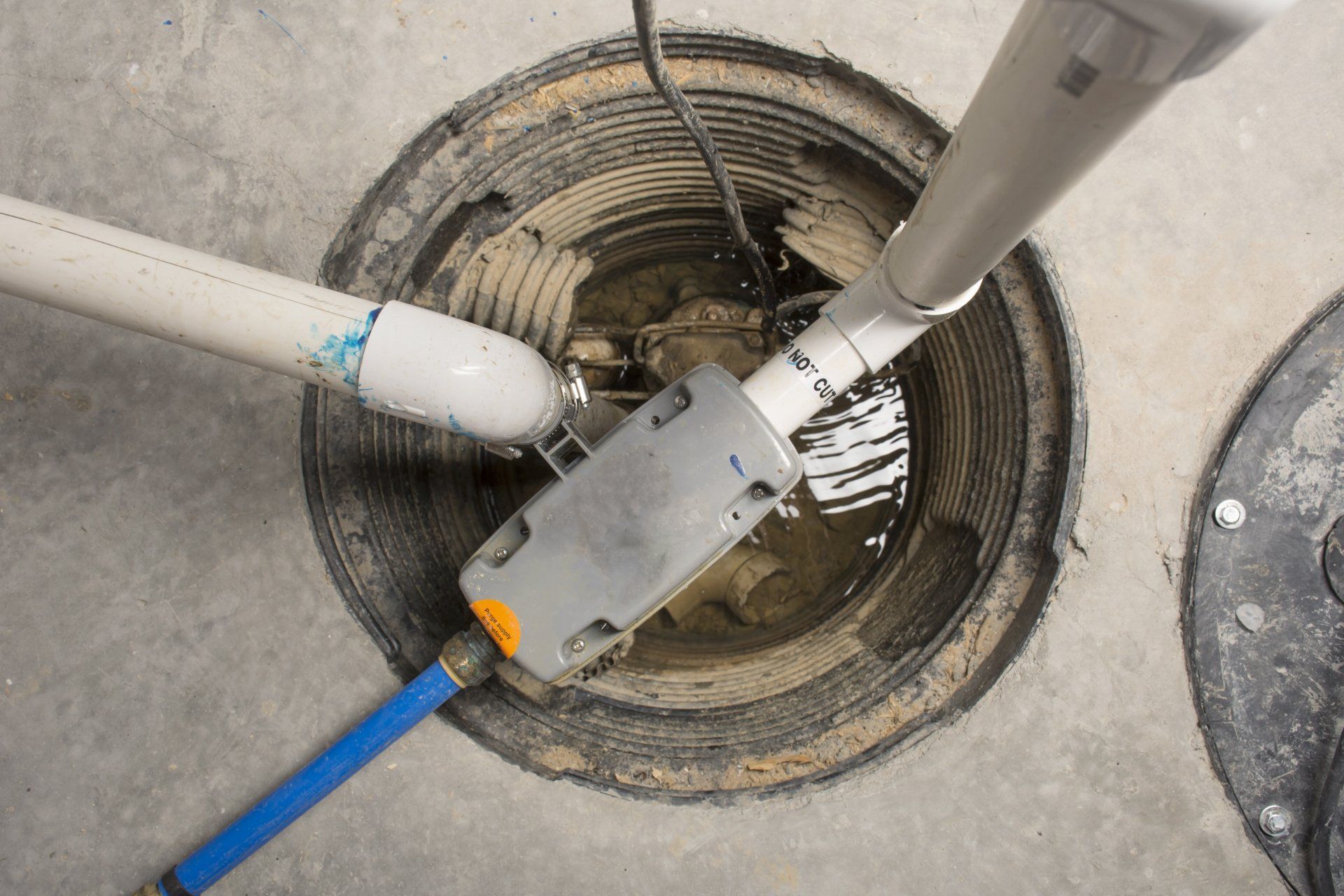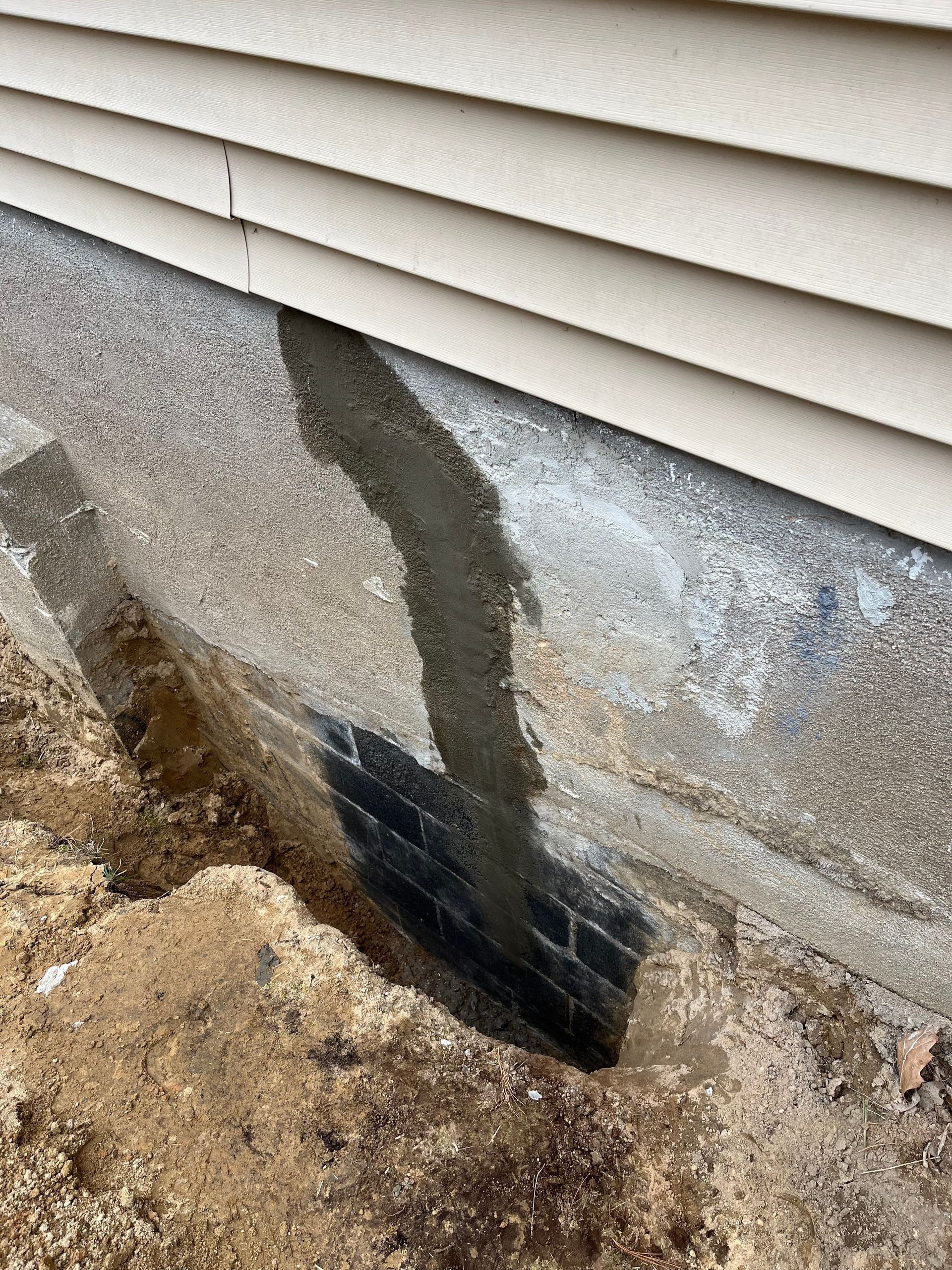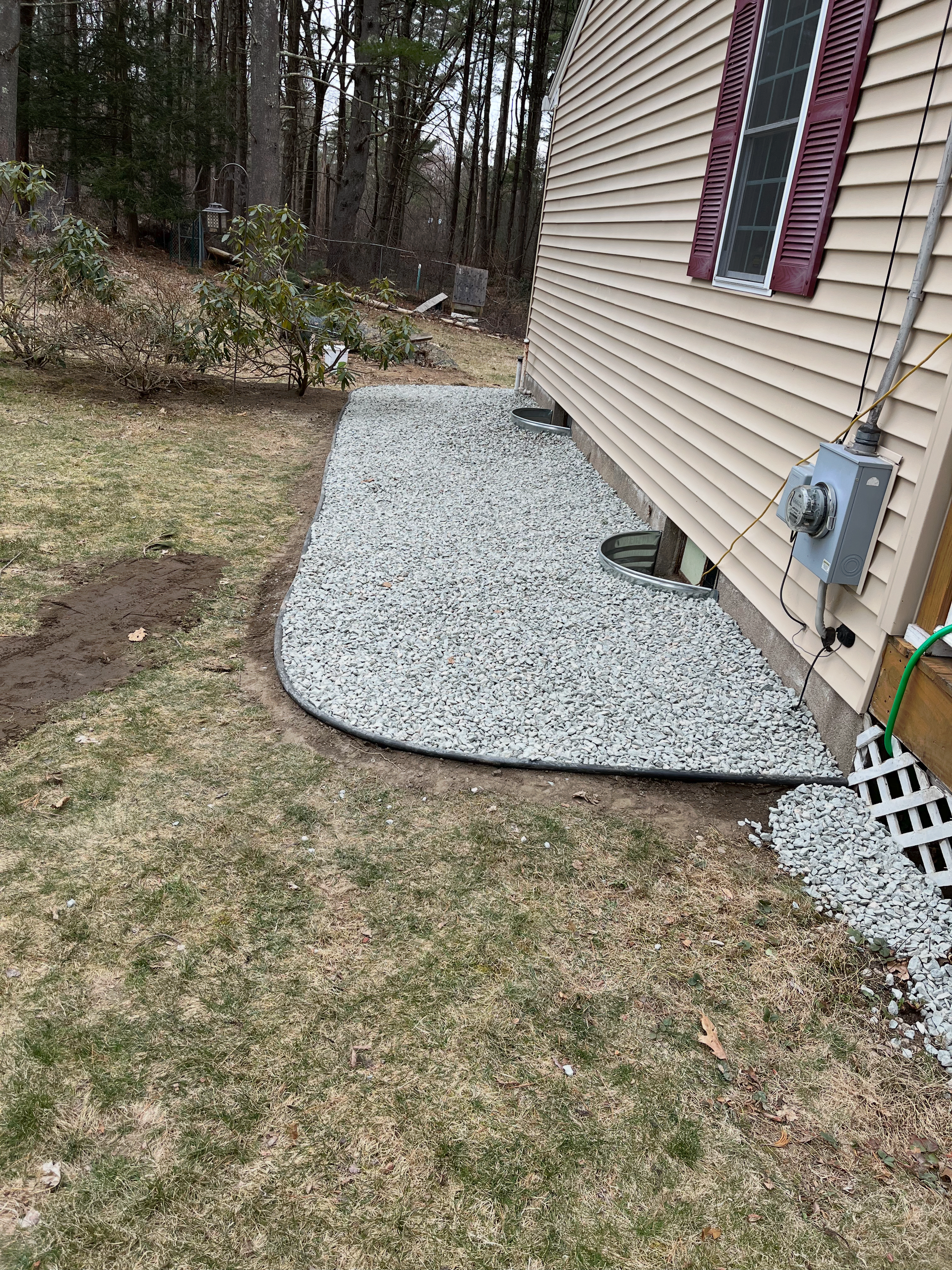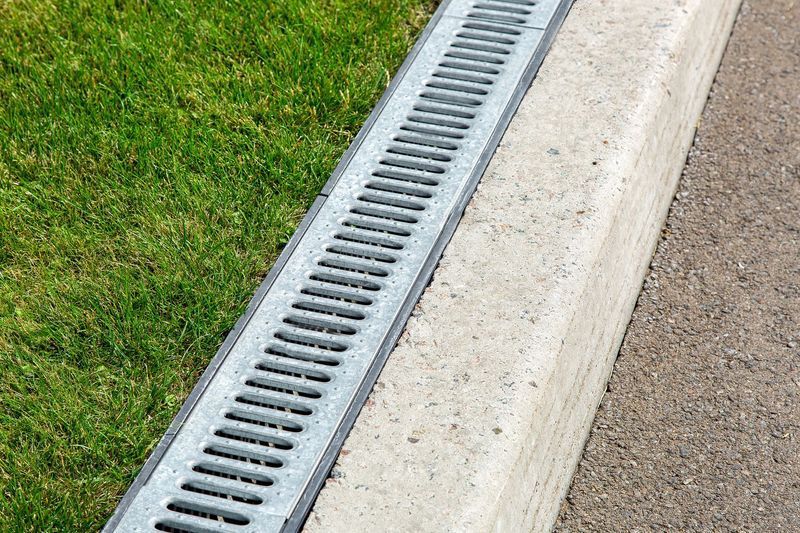How to know if your basement bulkhead is leaking & how to fix it?
By Advanced Basement Waterproofing • June 27, 2025
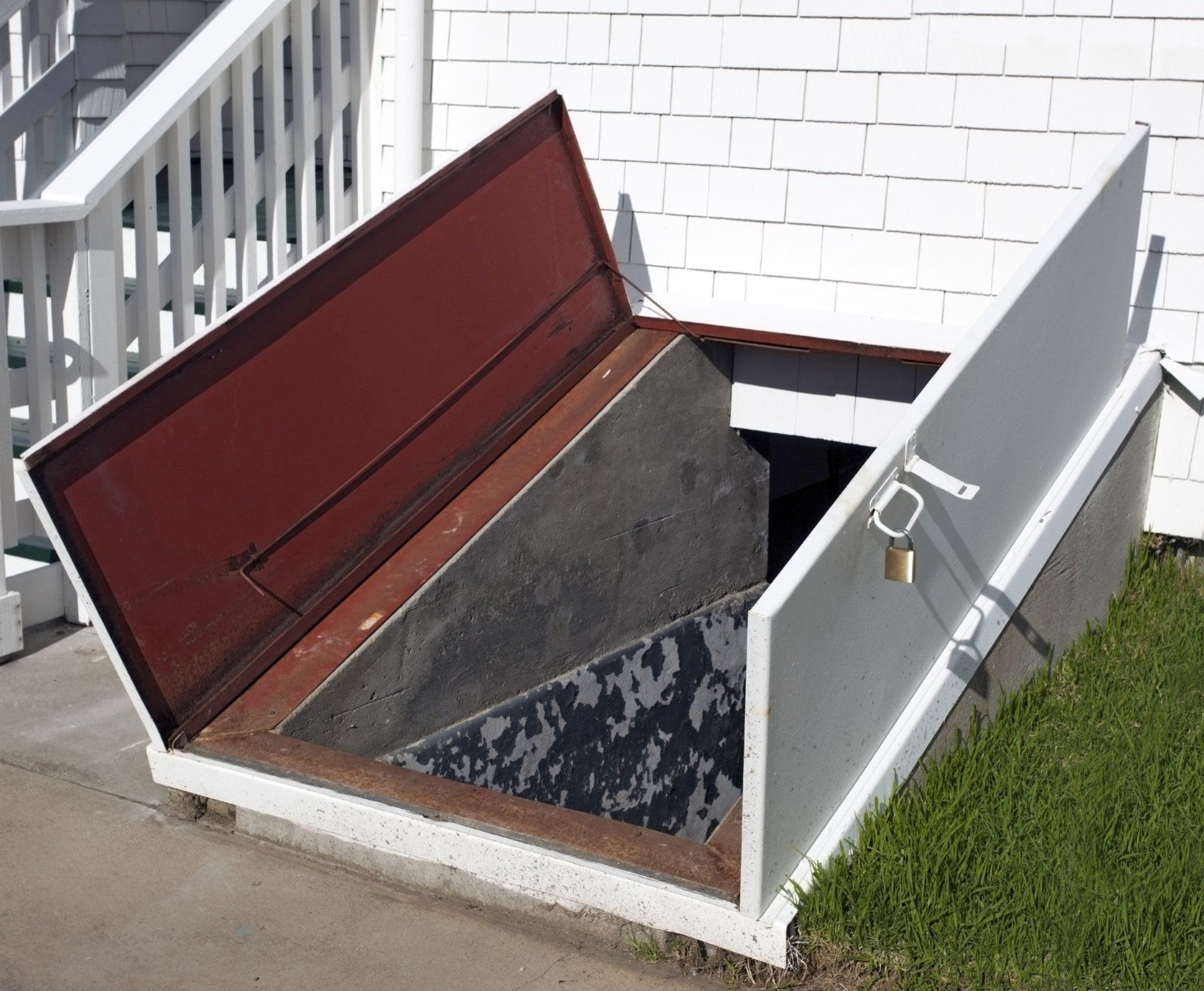
Have you ever wondered why your basement leaks?
There are many causes for a basement leak, and it is important to know the cause of the leak before attempting to fix it. Leaking can be due to corrosion or soil pressure. For instance, if water is leaking in from outside, that means there's too much rain coming into the area and more drainage needs to be put in place so as not to damage property. If your basement bulkhead is leaking due to corrosion, you can seal it with a product like Bulkhead Putty until you decide how best to fix it properly. The last thing any homeowner wants is their home flooding because they didn't take care of a simple task like checking their basement for leaks!
In this article, we'll cover basement leaks coming from your basement bulkhead

Table of contents
1. What is a basement bulkhead and why is it important to your home
2. How do you know if your bulkhead is leaking
3. What are the different types of leaks
4. How to stop a leak in your bulkhead
5. When should you repair or replace your bulkhead
What is a basement bulkhead and why is it important to your home?
A basement bulkhead is a door located at grade level, usually in the back of your garage. It is used as an entrance and exit point for basement water and provides a permanent fixture where you can attach a hose to drain the cavity between the exterior foundation wall and interior walls.
If they are not properly installed bulkheads can allow significant amounts of water into your basement which can lead to problems such as mold, rot and structural damage.
How do you know if your basement bulkhead is leaking
There are a few ways to tell if your basement bulkhead is leaking. One way is to look for water stains on the walls or ceiling near the bulkhead. You can also check for water marks or dampness on the floor near the bulkhead. Another way to tell if your bulkhead is leaking is to inspect the seals around the door and make sure they are in good condition. If you think your bulkhead is leaking, you can test it by pouring a bucket of water near the door and seeing if any water enters the basement.
What are the different types of leaks
There are a few different types of leaks that can occur around your basement bulkhead. One type of leak is caused by water entering the basement through the cracks in the foundation wall. Another type of leak is caused by water entering the basement through the seals around the door. A third type of leak is caused by water entering the basement through the roof.
How to stop a leak in your bulkhead
If you think your basement bulkhead is leaking, there are a few things you can do to stop the leak. One thing you can do is to inspect the seals around the door and make sure they are in good condition. If the seals are damaged, you can replace them. Another thing you can do is to apply a sealant around the cracks in the foundation wall. You can also install a gutter system to prevent water from entering the basement through the roof.
The best recommendation for those located in Massachusetts and Connecticut is to consider contacting a basement waterproofing contractor near you. Basement waterproofing specialists will be able to not only identity and repair the leak, but they can help remove any basement water issues, seal your basement and make sure that you don't experience any mold issues.
When should you repair or replace your bulkhead?
There is no one-size-fits-all answer to this question, as the best time to repair or replace your bulkhead may vary depending on the situation. However, it's a good idea to schedule regular inspections of your bulkhead so that you can catch any potential problems early on. If you do notice that your bulkhead is leaking or that there is rust forming, don't wait to fix it – the longer you wait, the more damage the leak can cause.
Advanced Basement Waterproofing is an expert basement waterproofing and mold removal specialist serving Western Massachusetts and Northern Connecticut.
Additional Services
Request Service
Questions? Contact Us
(413) 536-8023
-or-
Submit A Request
Home
We will get back to you as soon as possible.
Please try again later.
